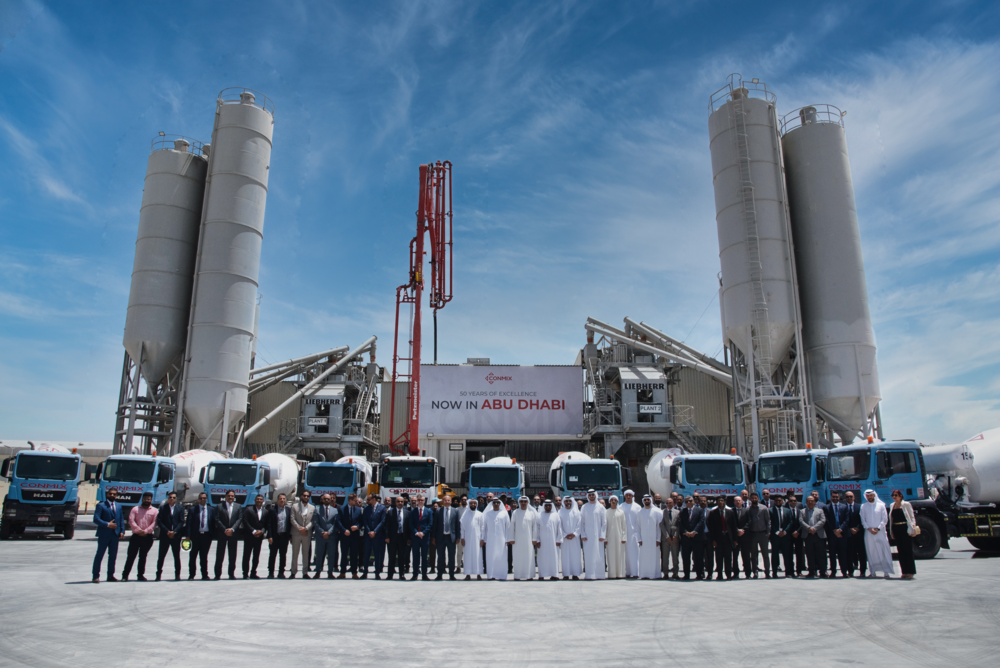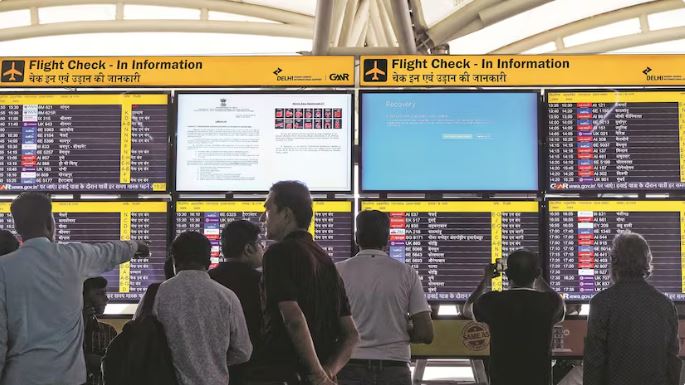CUTS International highlights concerns in Union Budget 2022-23

NEW DELHI: The Union Budget 2022-23 was presented by Finance Minister Nirmala Sitharaman laying the focus on creating world class modern infrastructure, accelerating growth of MSMEs, ease of doing business, education, healthcare and digital economy. It sought to give a blueprint to steer the economy over the next 25 years – from India at 75 to India at 100.
Commenting on the Budget, Pradeep S Mehta, Secretary General, CUTS, noted that the success of infrastructure development programme will depend on stakeholders from within and outside the government, at different levels, coming together with a coherent vision. This can be ensured by adopting administrative reforms and setting up convergence units involving relevant stakeholders, to coordinate on design and implementation of the programme.
The budget also proposes to move towards trust-based governance by focusing on Ease of Doing Business 2.0 and Ease of Living. It proposes a single point access for all citizen-centric services, standardisation, and removal of overlapping compliances.
Mehta highlighted that merely doing away with inapplicable laws does not have a positive impact on ease of doing business. Instead, the focus should be on risk-based and proportionate regulation with adoption of best practices like regulatory impact assessments. Bureaucratic reforms, fixing accountability, and penalising inefficiency will be key, he added.
The budget proposes to incentivise design-led manufacturing as a part of PLI scheme to build strong ecosystem for 5G. It also proposes additional allocation of Rs. 19,500 crore for PLI scheme for manufacturing of high efficiency modules in the solar sector.
“Such schemes can only be successful if high import duties and taxes on inputs and components, barriers to technology transfer and exports, are reduced,” asserted Mehta.
India is discussing Supply Chain Resilience Initiatives (SCRI) at a bilateral level and as a member of Quad. It is also negotiating Free Trade Agreements (FTAs) with different countries with the hope of boosting exports.
“The priority items in SCRI, PLI schemes, and FTAs will need to align to enhance our competitiveness,” said Bipul Chatterjee, Executive Director, CUTS.
With respect to investment financing, the budget indicates that innovative mechanisms will be explored. More clarity on this would have been useful. While the budget proposes setting up of expert committee to examine and suggest measures to reduce frictions around venture capital and private sector investment, time-bound action will be crucial.
For 2022-23, the budget proposes allocation of Rs. 1 lakh crore to assist the states in catalysing overall investments in the economy, in form of fifty-year interest free loans. While a good step, these loans should not be linked with priorities set by the Union Government.
“Given the diversity and difference in stages of development, states should have the freedom to determine use of funds” said Amol Kulkarni, Director (Research), CUTS.
With a focus on inclusive development, the budget proposes support to production and export for the food processing and related sectors. Additional credit of Rs. 2 lakh crore for micro and small enterprises (MSEs)was also announced to expand employment opportunities.
While steps to support rural economy and MSEs are in the right direction, the budget should also have focused on addressing existing inefficiencies. For instance, MSEs have largely been excluded from the production linked incentive schemes and face significant barriers in availing benefits directed to them.
The budget proposes to leverage the potential of data and technology across pillars, to reduce information asymmetry, foster innovation and partnerships.
While India has set up world class digital infrastructure, it cannot be an alternative to physical infrastructure and efforts on the ground, and both needs to go hand in hand.











